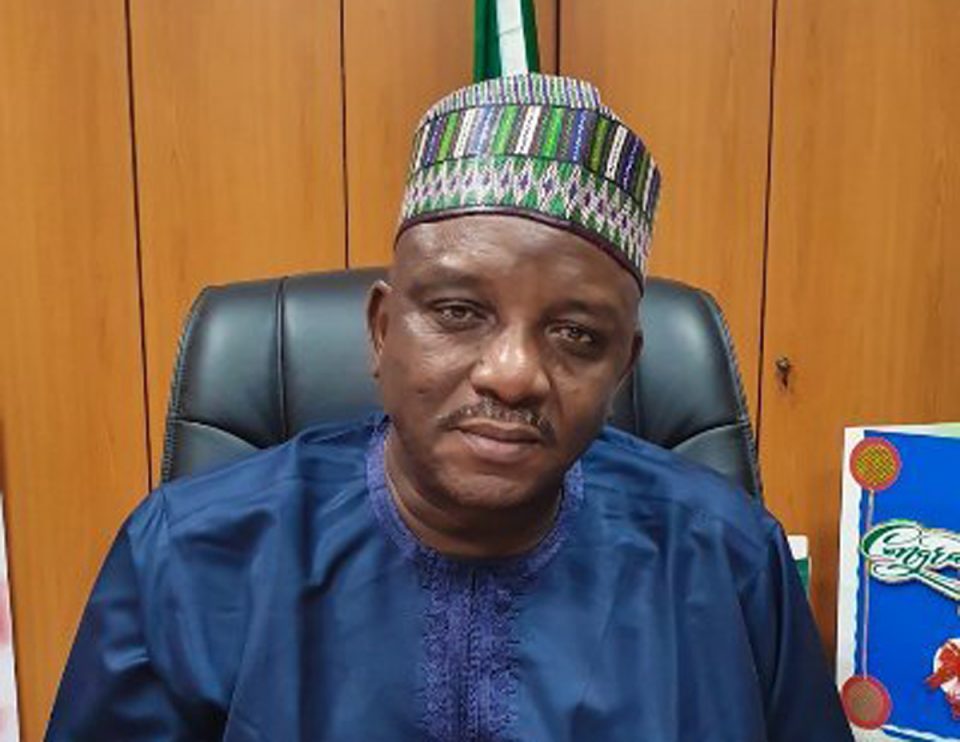- Proper overhaul of the electricity system is the solution, not subsidy
The office of Sale Mamman, Nigeria’s Power minister, just announced that the Federal Government gives a monthly subsidy to the sector.
“Worried by the incessant complaints by ordinary Nigerians over the unavoidable and periodic increase in the cost of electricity,” the statement said, “the Federal Government has been subsidising electricity supply in the country to the tune of over N50 billion … The funds,” it explained, “are provided to augment the shortfall by the Distribution Companies (DiSCos), who have failed to defray the cost of bulk electricity supplied to them by the Generating Companies.”
It is instructive that the troubles of electricity provision were inherited by the Buhari government, as the Power minister has acknowledged. So, the challenges plaguing electricity supply have not changed much, between 2015 and 2020.
Still, some of the many companies that came out of deregulation, the generating companies, have increased total megawatts from about 4,000 MW to about 15,000 MW. But the number of megawatts that get delivered to consumers is still around 5,000 MW, thus necessitating offering the country’s inadequately wheeled megawatts, for sale to Niger Republic.
There seems to be a consensus among energy experts — local and foreign — on the deficits that the government must remove, if it is to avoid getting into another subsidy trap over electricity. There has been enough back-and-forth complaints between the government and the Distribution Companies (DisCos) about what ought to be done, for Nigeria to join the club of African countries with stable electricity systems, such as Morocco, South Africa, Botswana, etc.
Many Nigerians felt a sense of relief when President Buhari created a Nigeria-Germany, government-to-government forum, to confront the main challenge in the energy sector: upgrading and expanding the country’s electricity transmission and distribution networks, by upgrading of 105 power substations, constructing 70 new ones, distributing up to 35 new transformers, and installing new lines, among other things.
On that front, the Federal Government and Siemens just signed a pre-engineering contract, on a 25, 000MW power deal.
It is true: the privatization exercise was botched, as the Power minister moaned: ”Nigerians must understand that these companies were privatised long before the advent of the current government, but the government has no alternative than to continue managing the sector before a final solution is secured.”
Still, is six years after deregulation not long enough for the current government to secure a “final solution” on whether the privatization, in its present form, is sustainable? What else does the government plan to accomplish by holding on to the Transmission Company of Nigeria (TCN), having already transferred the distribution to DisCos? Or when does the government hope to find a solution to challenges thrown up by financially anemic DisCos?
Provision of adequate electricity in Africa’s largest country, that is blessed with only 5000 deliverable megawatts, to service the continent’s largest population of over 200 million people and largest economy, is not an easy fix. Therefore, it should not be viewed as one that monthly subsidy can solve, both in the short and long runs.
What is required is for the government to think out of the box of the present credo of centralization. Is the obsession with national grid incurable, even when many countries are migrating from national grids to segmented smart grids, that allow for short distance between source of power and its destination?
Others are even migrating from on-grid to off-grid transmission, especially now that climate change is making renewable energy, in particular wind and solar, the best environmentally friendly option.
As the nation has learned from petroleum subsidy, the type of subsidy that focuses on assisting distribution companies to pay for energy, from generating companies, is very prone to corruption; and will be unsustainable in the long run.
The government should, therefore, invest hugely in making adequate electricity available round-the-lock to all citizens, after which it could package a special subsidy deals for economically vulnerable citizens and communities.




